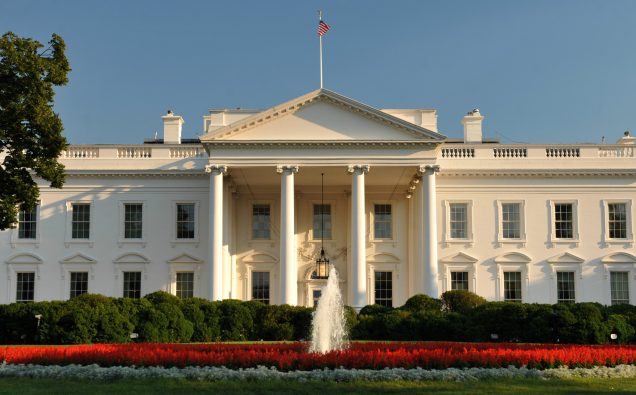
While every country has a right to self-defense, the United States’s interest lies in seeing caution prevail in the friction-filled South Asia, a senior White House official said in the face of heightened Pakistan-India tension.
Dr. Peter Lavoy, Senior Director for South Asia, National Security Council, told a Washington think tank that the United States empathizes with Indian perception to respond militarily to militant attack on an Indian military camp in Uri, Kashmir.
But, at the same time, he underscored that there is a need for “caution and prudence on both sides.”
“We condemned cross-border terrorism from Pakistan coming across into Indian territory. It was a horrific attack and we condemned it immediately,” he said at the Center for Strategic and International Studies, while recounting a telephonic conversation between National Security Adviser Susan Rice and her Indian counterpart Ajit Doval.
“Every country has a right to self-defense but I ‘d also highlight that in a heavy militarized relationships like that of India and Pakistan, a relationship that has experienced at least three wars, and frankly where forces along the LoC (line of Control in Kashmir) and the international border are on a hair-trigger alert, there really is a need for caution and prudence on both sides.”
“So, we do understand a very serious concern and attention by the Indian government to this attack, a horrific attack, we share with India a strong commitment to preventing future attacks like this from occurring, and are working together and working with other parties in the region, and internationally to ensure that is the case, we do empathize with Indians’ perceptions that they need to respond militarily but again I want to highlight our strong interest in seeing caution prevail,” Lavoy added as he spoke on the launch of a new report on US-India Security Cooperation.
Tensions between Pakistan and India soared sharply after the Indian controlled Kashmir plunged into violence in July. An attack on Indian base in Uri last month further escalated South Asian tensions as New Delhi alleged a Pakistani hand in the militant attack, while Pakistan forcefully denied the assertion as a tactic to shift focus from Indian repression of Kashmiris. Around 100 Kashmiris have been killed in the Indian crackdown on widespread protests while 18 Indian soldiers died in the Uri attack.
In his remarks at the CSIS event, Lavoy noted that India and Pakistan have a “friction-filled relationship and they have not found a way to overcome the differences.”
Washington, under the Obama Administration, has pursued relations with regional countries independently.
The NSC official saw great value in addressing issues through multilateral and regional forums.
“We try to find areas where those interests converge, and that is a strong desire by this administration. We find that complex problems whether caused by terrorism, cyber insecurity and so forth are best dealt in a multilateral framework, at least in a regional framework, where every party is working together.”
“And I find that we have experienced that in South Asia, that level of cooperation has been hard to develop. It is regrettable that the SAARC meeting, the SAARC Summit, the annual summit in the South Asian regional grouping, was not able to be held this year.
“In fact, SAARC has not lived up to the potential that we see in other regional groupings,” he said, citing the example of ASEAN.
SAARC, on the other hand, has not been able to provide “transformative effect” on the relationships, despite the fact that countries in the ASEAN region also had frictions and disputes.












